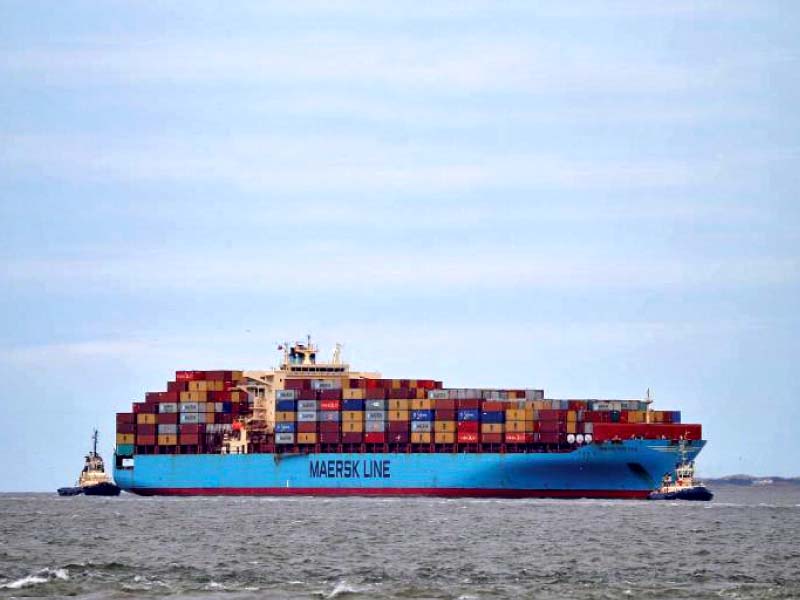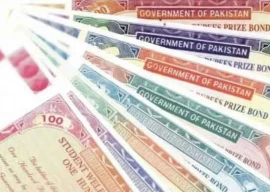
Recommendation of the Ministry of Maritime Affairs is currently being reviewed by the Federal Board of Revenue (FBR) and a decision is awaited.
Officials of the maritime ministry point out that the Pakistan Merchant Policy 2001, which allowed exemption from taxes and duties and provided other benefits for the suppliers of goods coming through sea route, is going to expire in 2020 and the ministry has forwarded its recommendation for a 20-year extension of the policy until 2040 to the finance ministry.
However, the FBR and the finance ministry have yet to submit a reply, officials of the ministry said, adding that the federal government could save between $6 and $8 billion in the transportation of goods via sea. According to a summary sent by the maritime ministry, the request for extension in tax and duty exemptions under the Pakistan Merchant Policy 2001 is being made to promote the maritime industry.
The merchant policy sought to promote the maritime sector and extend the interest of the country, the summary stated, adding that imposition of taxes and duties on the maritime industry would adversely affect the sector as the volume of goods being transported through the sea route had tremendously increased over the years and amounted to billions of dollars.
According to Pakistan National Shipping Corporation (PNSC) senior officer Captain Anwar Shah, the merchant policy allowed considerable exemptions from taxes and duties on vessels, ships, floating crafts and survey ships after which each carrier paid one dollar per ton every year in tax with no other taxes. In addition, the policy also introduced a friendly fee structure for the registration of companies in the shipping industry, according to which vessels up to 100 gross tons paid a fee of $50 for registration while the fee for vessels above 5,000 gross tons was $1,000.
The policy also allowed joint-venture companies to take back any foreign exchange without any hurdle while more benefits were also being offered to international investors in the industry.
According to sources, the policy has become out-dated. A new policy was framed in 2006 but its notification could not be issued. There was a need to formulate a policy which was in line with modern requirements, sources said, adding that when the policy was first introduced there was no concept of container trading and LNG ships. In recent times, the transportation from the sea route has been revolutionised, necessitating the announcement of a new policy.
Published in The Express Tribune, April 26th, 2019.
Like Business on Facebook, follow @TribuneBiz on Twitter to stay informed and join in the conversation.









1732486769-0/image-(8)1732486769-0-270x192.webp)







COMMENTS
Comments are moderated and generally will be posted if they are on-topic and not abusive.
For more information, please see our Comments FAQ